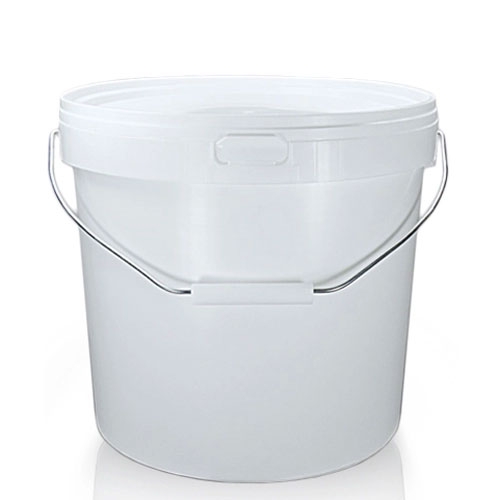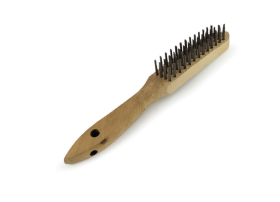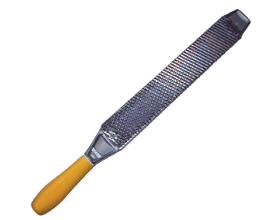Plaster of Paris
SKU
SF5242
Attention:
Transform your crafting projects with Fine Casting Plaster!
Interest:
Fine Casting Plaster is a premium hemihydrate plaster made from natural gypsum mineral. Perfect for creating intricate sculptures, detailed moulds, and smooth finishes on your artistic creations.
£36.86
£30.72
Algeos UK
GB
https://schema.org/MerchantReturnFiniteReturnWindow
14
https://schema.org/ReturnByMail
https://schema.org/FreeReturn
GB
5.95
18
GBP
0
1
DAY
1
3
DAY
Product Description
Plaster of Paris Features:
Fine Casting Plaster is an unformulated hemihydrate plaster (CaSO₄·½H₂O) derived from naturally occurring high purity gypsum mineral. It has an off-white color and serves various purposes:
-
Decorative Fibrous Plasterwork:
- Fine Casting Plaster is commonly used for the production of decorative fibrous plasterwork. Its properties allow for intricate detailing and accurate reproduction of fine patterns and designs.
-
General Casting Applications:
- It finds application in general casting, where it can be used to create molds, casts, and other forms.
- The plaster’s typical set time and working properties make it suitable for various casting needs.
-
Additive or Filler:
- Additionally, Fine Casting Plaster can serve as an additive or filler within proprietary formulations.
- Its high purity and consistent quality make it a reliable choice for various applications.
Action:
Upgrade your crafting experience today with Fine Casting Plaster - the choice of artists and creators worldwide!
Please note: 25kg tubs are no longer available for sale.






